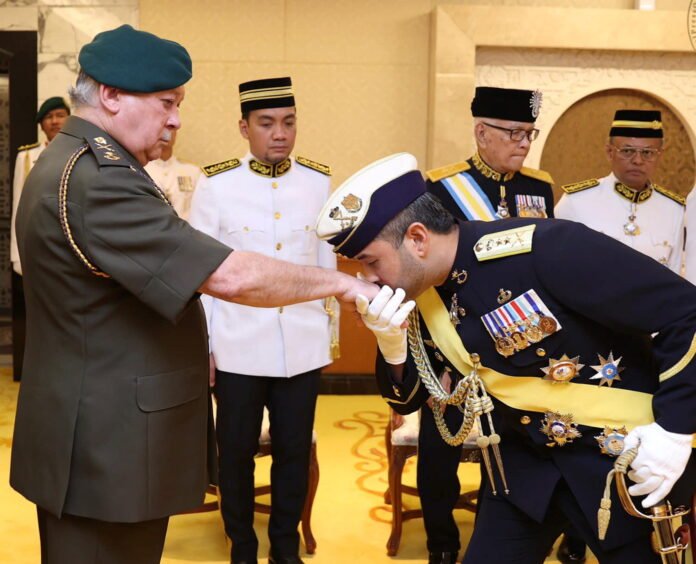Malaysia has officially named Sultan Ibrahim Ismail of Johor as the country’s next king, following the tenure of the current king, Sultan Abdullah of Pahang. This royal transition is a significant event in Malaysian history, as the role of the king holds a symbolic and ceremonial position, serving as the guardian of the nation’s constitutional monarchy.
Sultan Ibrahim’s Ascension to the Throne
Sultan Ibrahim, who is known for his progressive and dynamic leadership, is set to ascend to the throne as the 17th Yang di-Pertuan Agong. This appointment was made in line with Malaysia’s unique rotational monarchy system, which rotates the position of king among the nine Malay sultans every five years.
Symbolic and Ceremonial Role
The role of the king in Malaysia is primarily symbolic and ceremonial, as the country operates under a constitutional monarchy. The king’s powers are limited by the Constitution, and the government is run by elected officials, led by the Prime Minister. However, the king plays a crucial role in upholding the nation’s traditions, culture, and unity.
Guardian of Malaysia’s Cultural Heritage
One of the key responsibilities of the king is to serve as the guardian of Malaysia’s cultural heritage. Malaysia is a multi-ethnic and multi-religious country, and the king plays an important role in promoting harmony and unity among the various communities. The king’s presence at cultural and religious events is a symbol of national solidarity.
Role in Political Matters
While the king’s powers are largely ceremonial, there are instances where the monarch’s role in political matters becomes significant. The king plays a role in the appointment of the Prime Minister and can grant an audience to the Prime Minister to discuss various issues.
Consensus Among Malay Rulers
The selection of Sultan Ibrahim as the next king was reached through a consensus among the Malay Rulers. The rotational monarchy system ensures that all the sultans have an opportunity to serve as king during their lifetime, fostering a sense of equality and unity among the states.
Sultan Ibrahim’s Leadership Style
Sultan Ibrahim is known for his progressive leadership style. He has taken various steps to modernize Johor, one of Malaysia’s southern states, while also preserving its cultural heritage. His commitment to environmental conservation and sustainable development has garnered attention both within and outside Malaysia.
Economic and Social Initiatives
Sultan Ibrahim has initiated several economic and social programs in Johor, aiming to improve the living standards of the people. His dedication to addressing issues related to education, healthcare, and infrastructure development has contributed to the state’s progress.
Unity and Harmony
Sultan Ibrahim’s tenure as the king is expected to focus on promoting unity and harmony among Malaysia’s diverse communities. His experience in fostering inclusivity in Johor is likely to be a guiding principle in his role as the guardian of the nation’s cultural diversity.
Preserving Malaysia’s Heritage
Preserving Malaysia’s heritage and traditions is a vital aspect of the king’s role. The king’s involvement in various cultural events and ceremonies serves to reinforce the importance of the nation’s rich heritage, which is characterized by a harmonious blend of Malay, Chinese, Indian, and indigenous cultures.
The appointment of Sultan Ibrahim Ismail as Malaysia’s next king is a momentous event, reflecting the country’s commitment to its unique constitutional monarchy system. Sultan Ibrahim’s leadership style and his dedication to environmental conservation, economic development, and social welfare initiatives make him a promising choice for the role of the king. As he prepares to ascend the throne, his focus on unity, harmony, and cultural preservation will undoubtedly contribute to Malaysia’s ongoing journey as a diverse and culturally rich nation.

